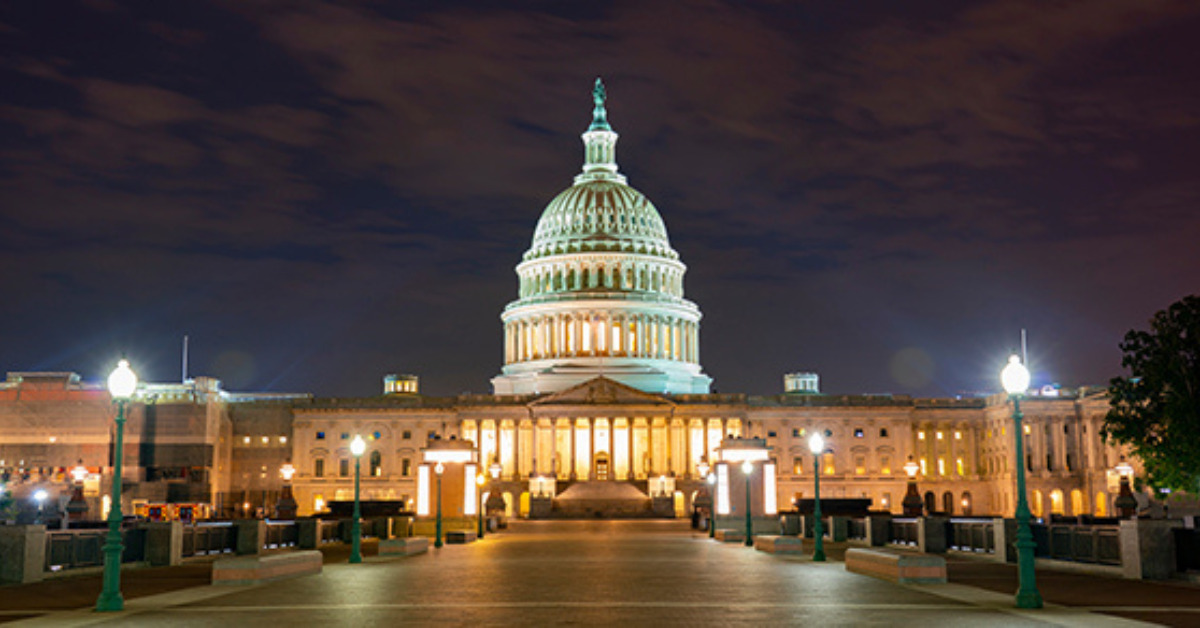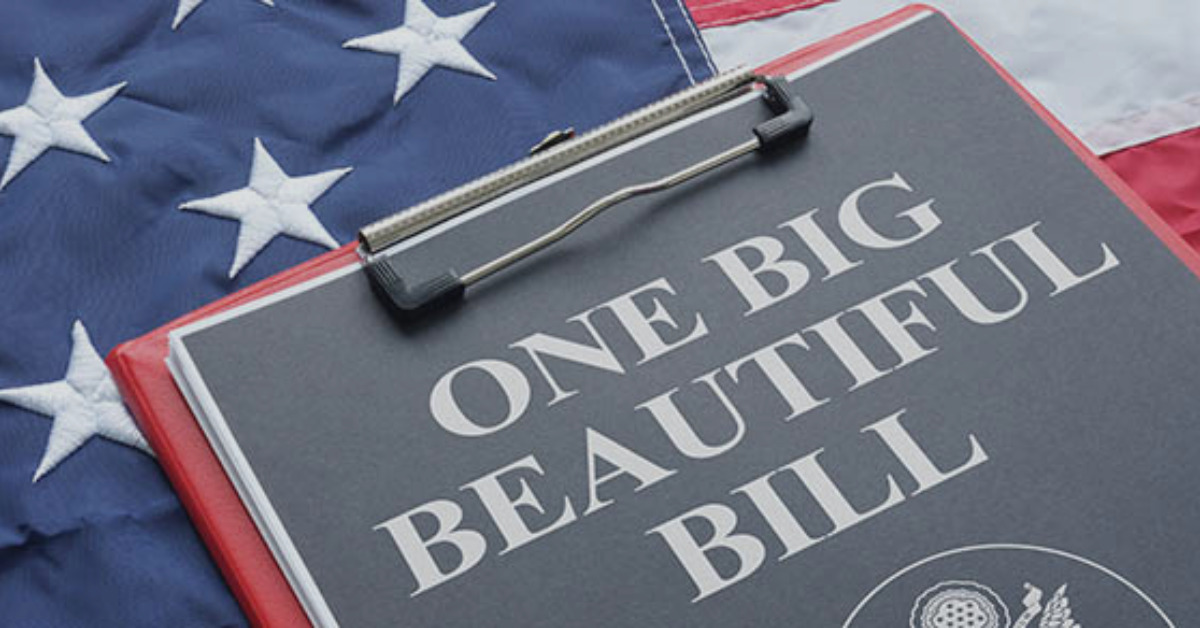By Jon Joyner, Cybersecurity Practice Leader
Fraudulent Activity Is on the Rise
Every day, criminals use increasingly sophisticated tactics like email scams, social engineering, and mail fraud to trick businesses into giving up sensitive information or wiring funds to illegitimate accounts. One wrong click or rushed decision can lead to devastating financial loss. Always pause, verify, and err on the side of caution.
The best defense against fraud is a well-informed team and a consistent, cautious approach. Fraudsters often create a sense of urgency to pressure quick action. By building strong internal controls and training your staff to follow simple but effective verification steps, you can significantly reduce your risk and prevent costly mistakes.
Fraud Prevention Checklist
- Hang up and verify
If someone claiming to be from your financial institution asks for password resets or codes, hang up and call the main line to confirm their identity. - Confirm names independently
If given a contact name, call the financial institution’s main number and ask for that person directly. - Use Positive Pay
Confirm checks are being paid to the correct entity. This tool adds a layer of security. - Implement internal procedures
Establish clear policies on who signs off on payments and how many bank transfers can occur in a day. - Train employees to recognize red flags
Regularly educate staff on the signs of phishing emails, spoofed domains, urgent financial requests, and suspicious links or attachments. - Establish a multi-step verification process for all fund transfers
Require verbal confirmation from a known contact and a second approver before completing any financial transaction. - Limit access to sensitive information
Only allow employees who need it to access payment systems, vendor data, or financial accounts. - Review email addresses and URLs carefully
Train staff to look closely at sender details—fraudsters often use addresses that mimic legitimate contacts with subtle changes. - Use secure channels for sensitive communications
Avoid sharing login credentials, passwords, or financial information over email. Use encrypted platforms or verified portals.
Trusted Guidance in Critical Moments
ATA’s team includes Certified Fraud Examiners, cybersecurity experts, and a dedicated fraud and litigation practice. If your business becomes a target or falls victim to fraud, we will help you navigate the next steps with speed and clarity. Schedule a consultation with our Cybersecurity Practice Leader, Jon Joyner, to discuss your risk and response plan.


